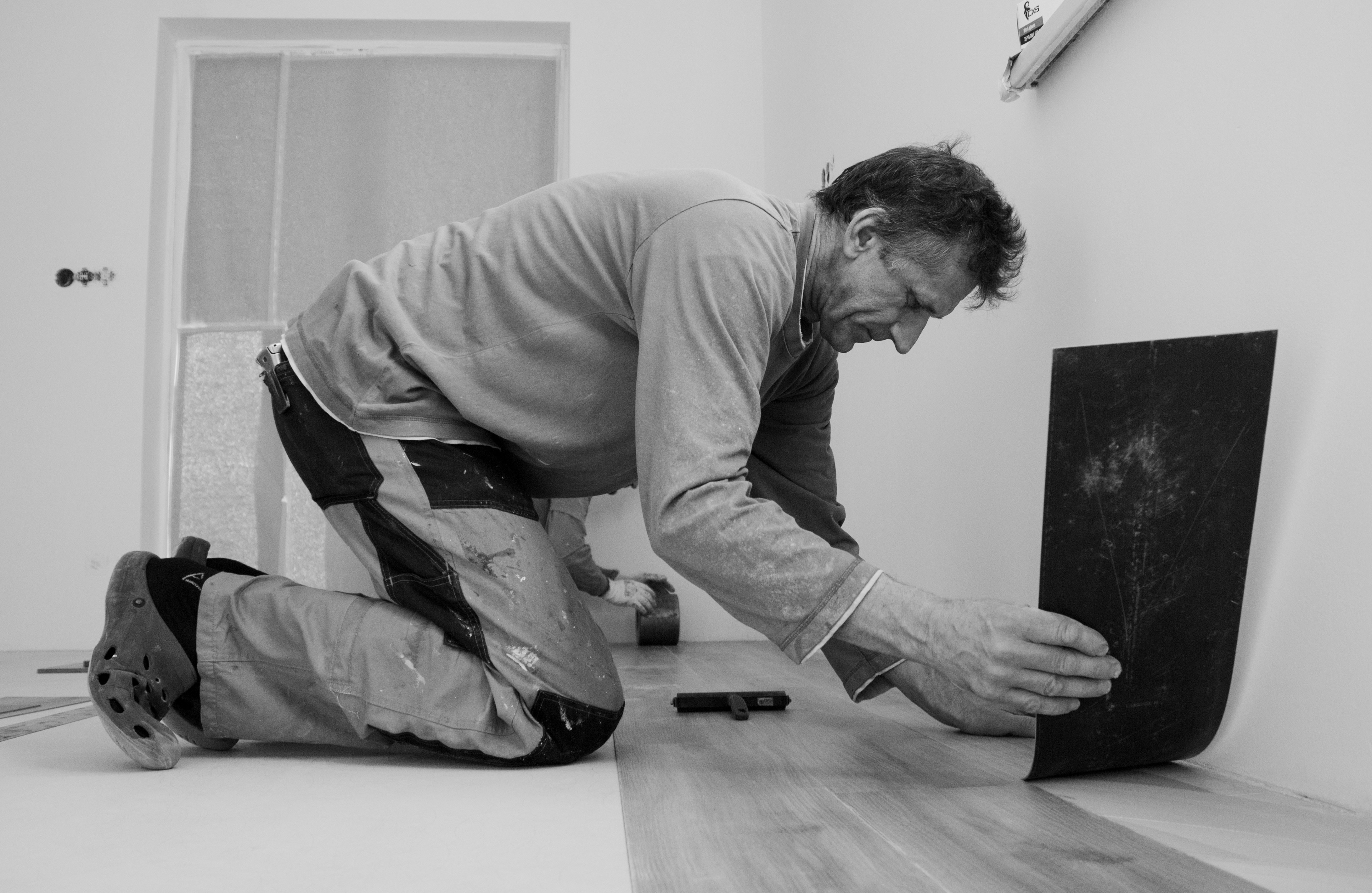Floor Installer: A Career Path to Building Comfortable Spaces
Floor installation is a key part of decoration, which directly affects the beauty, comfort and service life of the space. From solid wood to ceramic tiles, laminate flooring, etc., each material requires professional installation technology. With the development of the decoration market, the demand for professional floor workers in residential and commercial projects continues to grow, bringing stable employment and career development opportunities to practitioners, and also promoting the continuous improvement of the industry's technical level.
Floor installation is a key part of decoration, which directly affects the beauty, comfort and service life of the space. From solid wood to ceramic tiles, laminate flooring, etc., each material requires professional installation technology. With the development of the decoration market, the demand for professional floor workers in residential and commercial projects continues to grow, bringing stable employment and career development opportunities to practitioners, and also promoting the continuous improvement of the industry’s technical level.
Unlocking Opportunities: Floor Installation as a Career Choice
The world of flooring offers a unique blend of craftsmanship and technical expertise. As the construction industry continues to thrive, the demand for skilled floor installers grows steadily. This article explores the advantages of pursuing a career in floor installation, shedding light on the core work content, growth paths, salary prospects, and career development opportunities in this dynamic field.
Mastering the Art of Floor Installation
Floor installation is more than just laying down tiles or planks. It’s an art that requires precision, creativity, and attention to detail. Installers work with a variety of materials, from hardwood and laminate to carpet and vinyl. They must understand subfloor preparation, moisture testing, and proper installation techniques for each material. This diversity in tasks keeps the job engaging and allows professionals to continually expand their skill set.
The Path from Novice to Expert
The journey of a floor installer typically begins with an apprenticeship or on-the-job training. During this phase, newcomers learn the basics of tool handling, safety procedures, and material properties. As they gain experience, installers can specialize in specific flooring types or take on more complex projects. Many progress to supervisory roles, managing teams and overseeing large-scale installations. The opportunity for continuous learning and advancement is a significant draw for those entering the field.
Financial Stability and Growth Potential
One of the most appealing aspects of a career in floor installation is the potential for financial stability. As skilled trades continue to be in high demand, floor installers often enjoy competitive wages and steady employment. Entry-level positions offer a solid starting point, with salaries increasing significantly as installers gain experience and specialization. Many professionals in this field also have the option to become self-employed, offering the potential for higher earnings and greater flexibility.
The Satisfaction of Tangible Results
Unlike many office jobs, floor installation provides the satisfaction of seeing immediate, tangible results of one’s work. Installers transform empty spaces into beautiful, functional rooms, leaving a lasting impact on homes and businesses. This sense of accomplishment and pride in craftsmanship is a powerful motivator for many in the field. The ability to point to a completed project and say, “I did that,” is a unique and rewarding aspect of the job.
Embracing Technology in a Traditional Trade
While floor installation is a traditional trade, it’s not immune to technological advancements. Modern installers use laser levels, moisture meters, and specialized cutting tools to enhance precision and efficiency. Some even incorporate digital design software to create custom patterns or visualize projects for clients. This blend of traditional skills and modern technology keeps the profession dynamic and appealing to those who enjoy working with their hands while staying current with industry innovations.
Comparing Career Paths in Floor Installation
To provide a clearer picture of the opportunities available in floor installation, let’s examine some real-world career paths and their potential outcomes:
| Career Path | Specialization | Average Annual Salary (USD) | Growth Potential |
|---|---|---|---|
| Residential Installer | Hardwood, Carpet | 45,000 - 60,000 | High demand in new home construction |
| Commercial Installer | Vinyl, Tile | 50,000 - 70,000 | Opportunities in retail and office spaces |
| Specialty Flooring Expert | Custom designs, Exotic materials | 65,000 - 90,000 | Niche market with high-end clients |
| Installation Supervisor | Project management | 70,000 - 100,000 | Leadership roles in large companies |
Note: Salary information is estimated based on industry averages and may vary by location, experience, and specific employer. It is encouraged to conduct independent research for the most up-to-date and accurate information.
A career in floor installation offers a unique combination of physical work, creative expression, and technical skill. As the construction and renovation industries continue to grow, the demand for skilled floor installers remains strong. Whether you’re drawn to the stability of the trade, the satisfaction of creating beautiful spaces, or the potential for career advancement, floor installation presents a promising path for those willing to put in the effort to master the craft.
The shared information of this article is up-to-date as of the publishing date. For more up-to-date information, please conduct own research.





